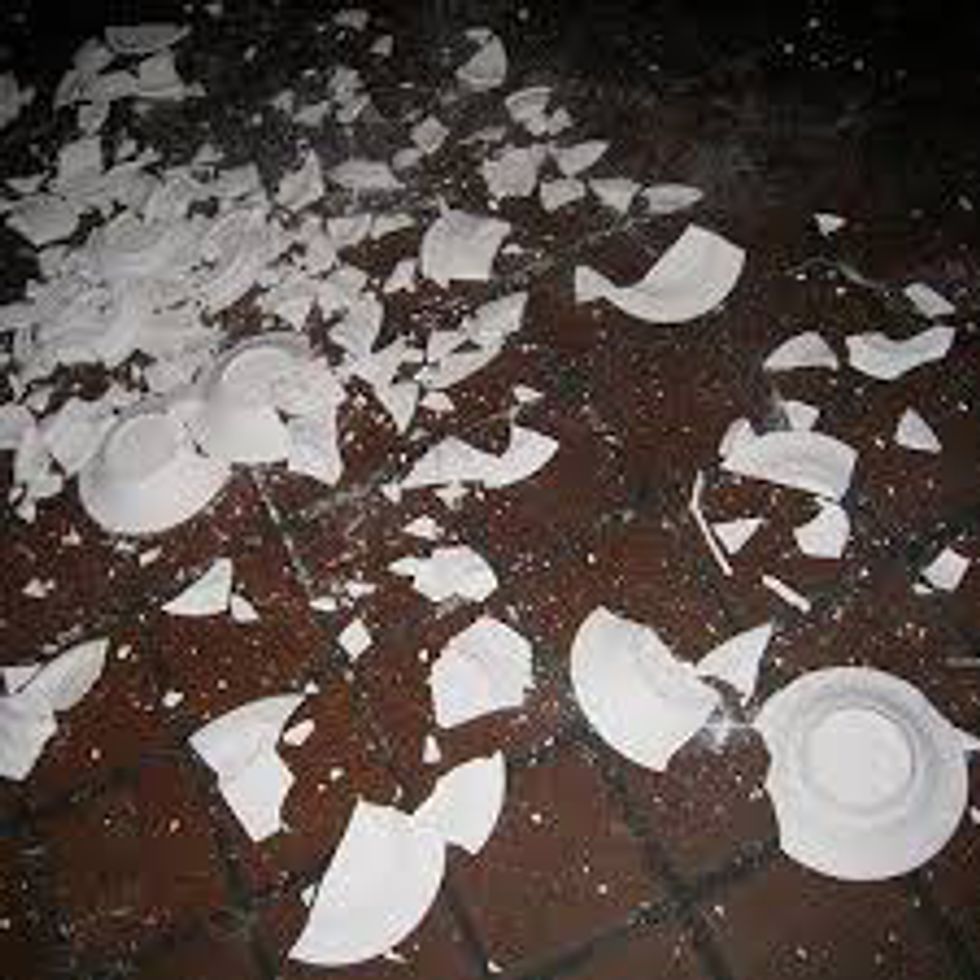Greece has been in the news a lot lately with bailouts, government resignations, and protests. No matter what your opinion is on these issues, there is SO much more to the country than just politics. Here are some of the myths that I hear about Greece and why they are myths!
5. Copious Amounts of Ouzo
Ouzo, if you haven’t heard of it, is a very strong spirit that Greeks enjoy, but only found mainly in Athens. Similar to Turkish raki, ouzo is about 40% alcohol, but is not nearly as common as other spirits such as mastiki (found in Rhodes and in parts of Athens), Cretan Raki, and tsiporou. Plus, retsina is very popular in mainland Greece. In other words, there are tons of other more popular alternatives to ouzo in Greece, especially away from the mainland.
4. Santorini is The Best Greek Island
Santorini, is THE. DREAM. DESTINATION…right? After visiting other Greek islands and hearing reviews from friends, I have to admit that there are simply better options out there, even for the famed Greek sunset. The caldera of Santorini is stunning, but Rhodes (in my opinion) has a much better sunset, and you lessen the amount of tourists by at least half. The island of Santorini is of course, beautiful, but the water of Zakynthos is even nicer, and the views of Icarian and Corfu are, in my opinion, even better. However, If you want to hear clapping when the sun sets and people ushering you into restaurants, then Santorini would be the place to go.
Photograph of the Sunset in Rhodes. Taken by author.
3. Lamb Gyros and Smashing Plates
First of all, in English we say "Jye-Roes," whereas in Greece they say "gEE-ros"(g as in "get"). Second, depending on where are in Greece, lamb often is not available anywhere on the menu, this is primarily mainland Greece. Pork is often in the gyros, and chicken is also on the menu but more expensive. Souvlaki is also often put in a pita to make a Pita Souvlaki.
Regarding the smashing plates, this isn't even a traditional dance. it was started when a rich family would invite a poorer family to dinner, and would make them feel more comfortable. It used to be performed in weddings, but has since been stopped because it gets messy and expensive. Only touristy restaurants will advertise this practice, but no, most Greeks have never smashed a plate.
2. The Language Is Completely Foreign
What do you say when you don’t understand a concept at all? “It’s Greek to Me!”
Actually, about 30% of English words have their roots in Greek, and the Greek language has borrowed heavily from the English language due to the tourism industry. For instance, many of the numbers are similar (“Tria”- three, “deca”-ten, “pende”-five), and the calendar months are almost exact (Ioulio, Augusto, Septembrios). If you work in the sciences, you will recognize even more Greek words and are spelled almost exactly like the English words in their Greek letter counterparts! And in Greek, if they don't understand a concept (translated), they say: "It's Chinese to Me!" Doesn't that make more sense?
1. Beta, Mu, Nu, and Pi
When you just read these Greek letters aloud, you probably said “BAY-ta,” “Myu,””New”, and “Pie.” Contrary to popular opinion, that is not actually how they are pronounced in the Greek language! In fact, most of the Greek alphabet we say incorrectly, with letters such as Gamma, Delta, Rho, and Psi also in the wrong.
A video of the Greek alphabet (pronounced by a Greek) is below, but here is a sneak peek:
Beta- “Veeta”
Mu- “Me”
Nu- “Nee” (as is “Knee)
Pi- “Pee” (as in the English letter!)
























